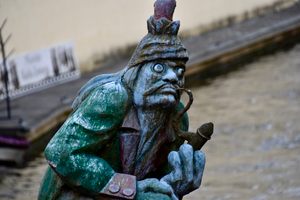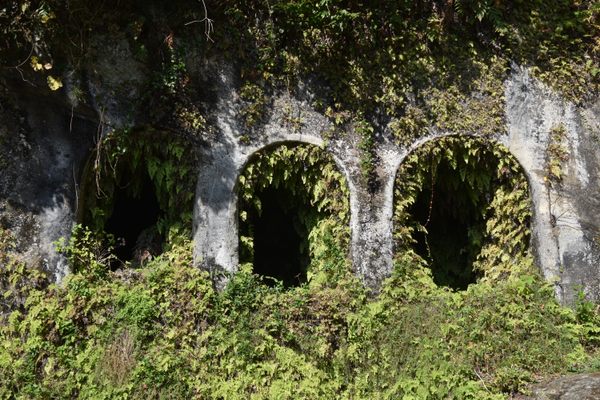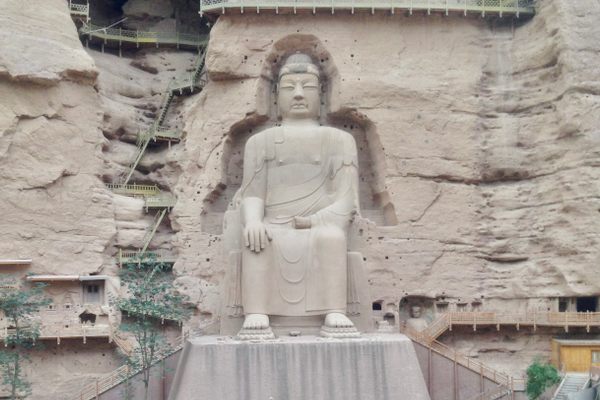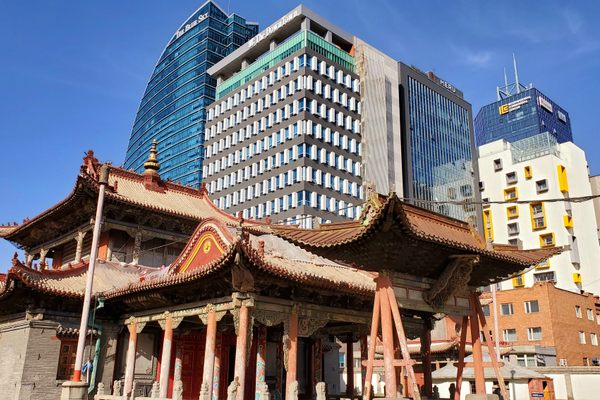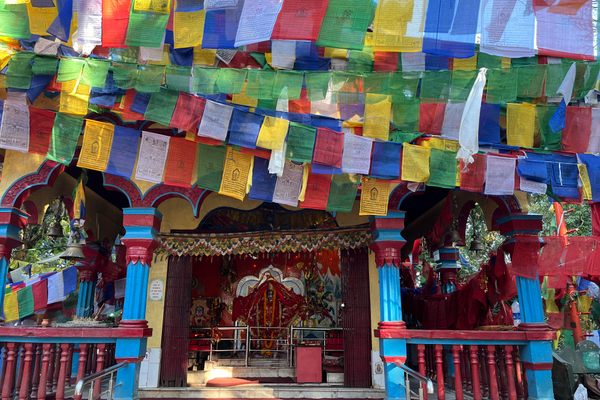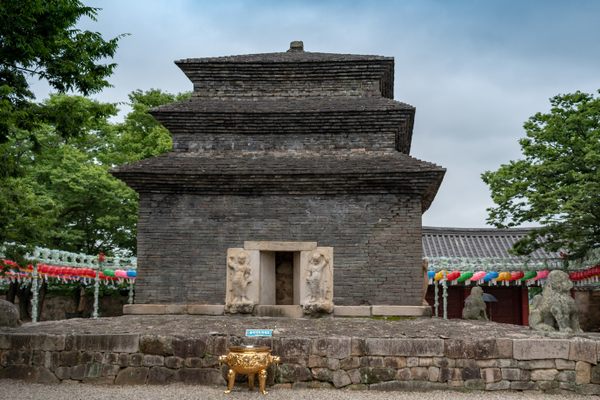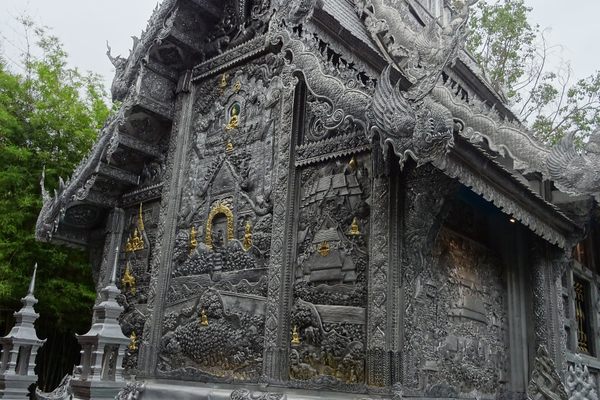About
The special ward of Sumida, smack-dab in the middle of the Shitamachi area of Tokyo, is a tranquil city still evocative of the retro era. Three-fourths of it has been lost to the bombings of Tokyo during World War II, however, leaving many of its historic heritage monuments to be rebuilt later.
The oldest surviving structure in this city can be found at Tamon-ji, a Buddhist temple dedicated to the god Vaiśravana. Originally founded circa 957-961 and re-established in its current location in the Tenshō era (1573-1593), it has a quaint thatched-roofed gate built soon after a fire destroyed its predecessor in 1718.
A rare survivor of the war, the temple also displays a couple of witnesses of the Tokyo bombings that did not make it. One is a steel frame from the Asakusa International Theater, and another a tree-trunk burned in the midnight bombing of 1945, found in Nishi-Nippori in 1991. There is also a statue of Kannon, the goddess of mercy and peace, dedicated to the victims of the war.
Tamon-ji is also home to an old legend concerning the yōkai, the supernatural creatures of Japanese folklore. Nicknamed the "Tanuki Temple," it is particularly associated with the mythical shapeshifting raccoon dogs.
According to the legend, the area was once an abode of the yōkai, home to many monsters. Determined to get rid of them, a monk named Bankai founded the temple, blocking the grotto where the tanuki lived. The furious creatures kept harassing the monk, and even appeared in his dreams taking the form of the giant Ōnyūdō.
The frightened monk prayed to Vaiśravana, who then sent an envoy to the tanuki to dissuade them from mischief. The next morning, Bankai and the villagers found the creatures lying dead in front of the gate. Feeling pity, the monk erected a tomb for the tanuki, which can still be found in the temple alongside statues of the creatures.
Related Tags
Hidden Japan: Sado Island, Nara & Kyoto
Explore a different side of Japan.
Book NowCommunity Contributors
Added By
Published
January 16, 2024




























